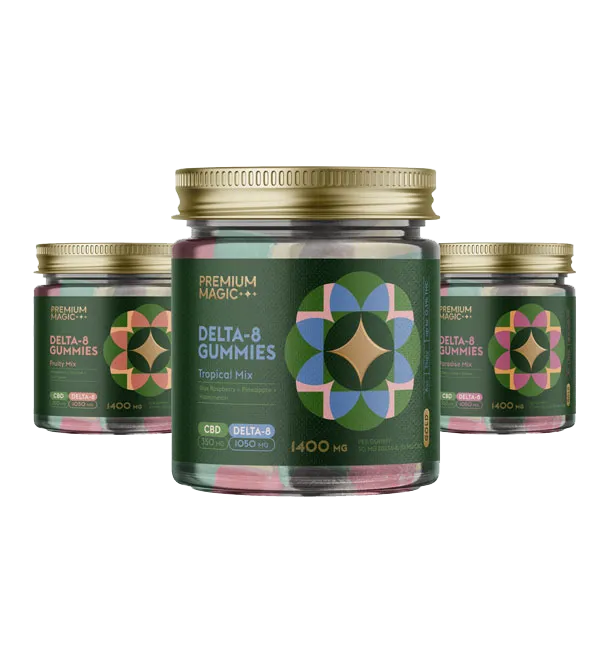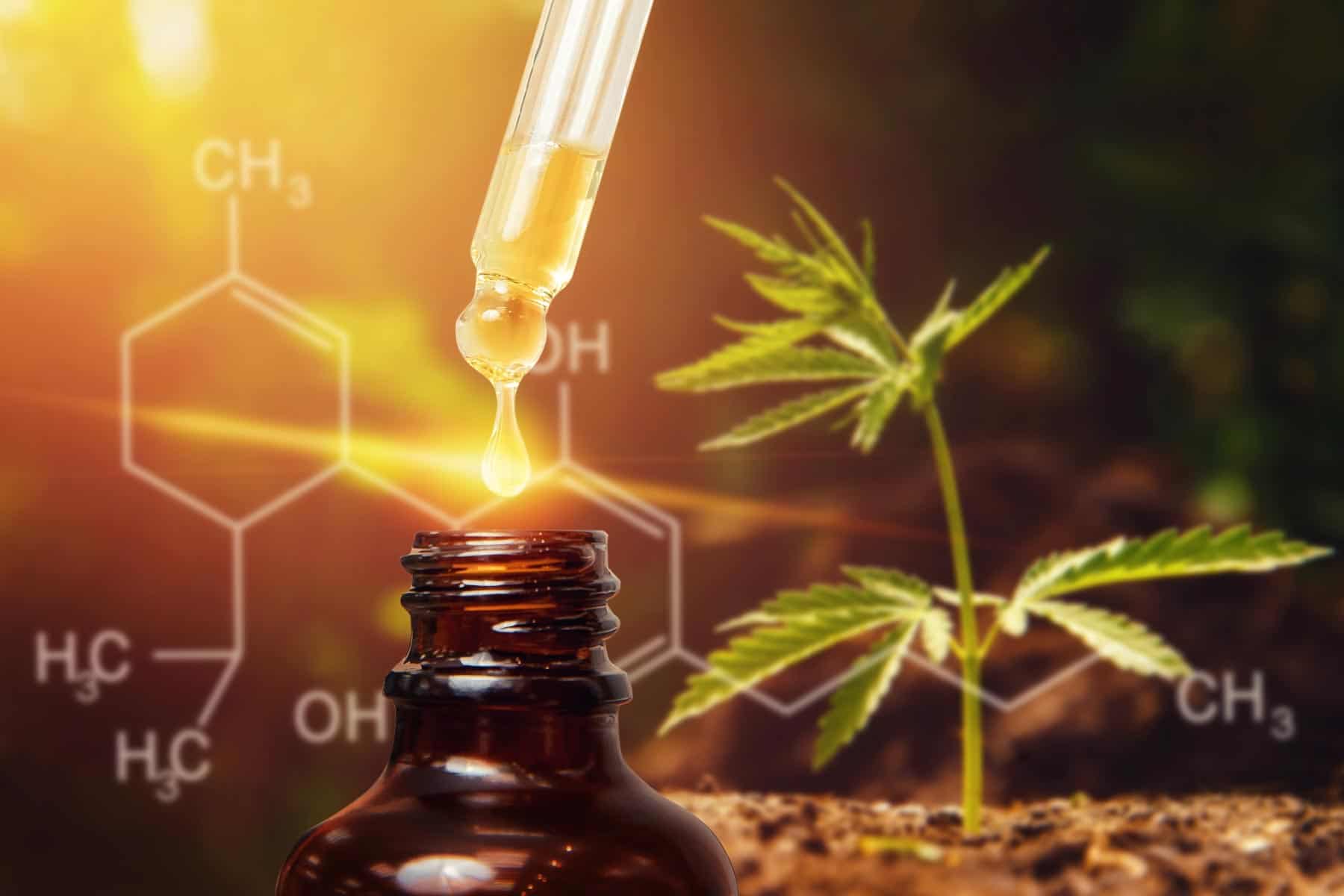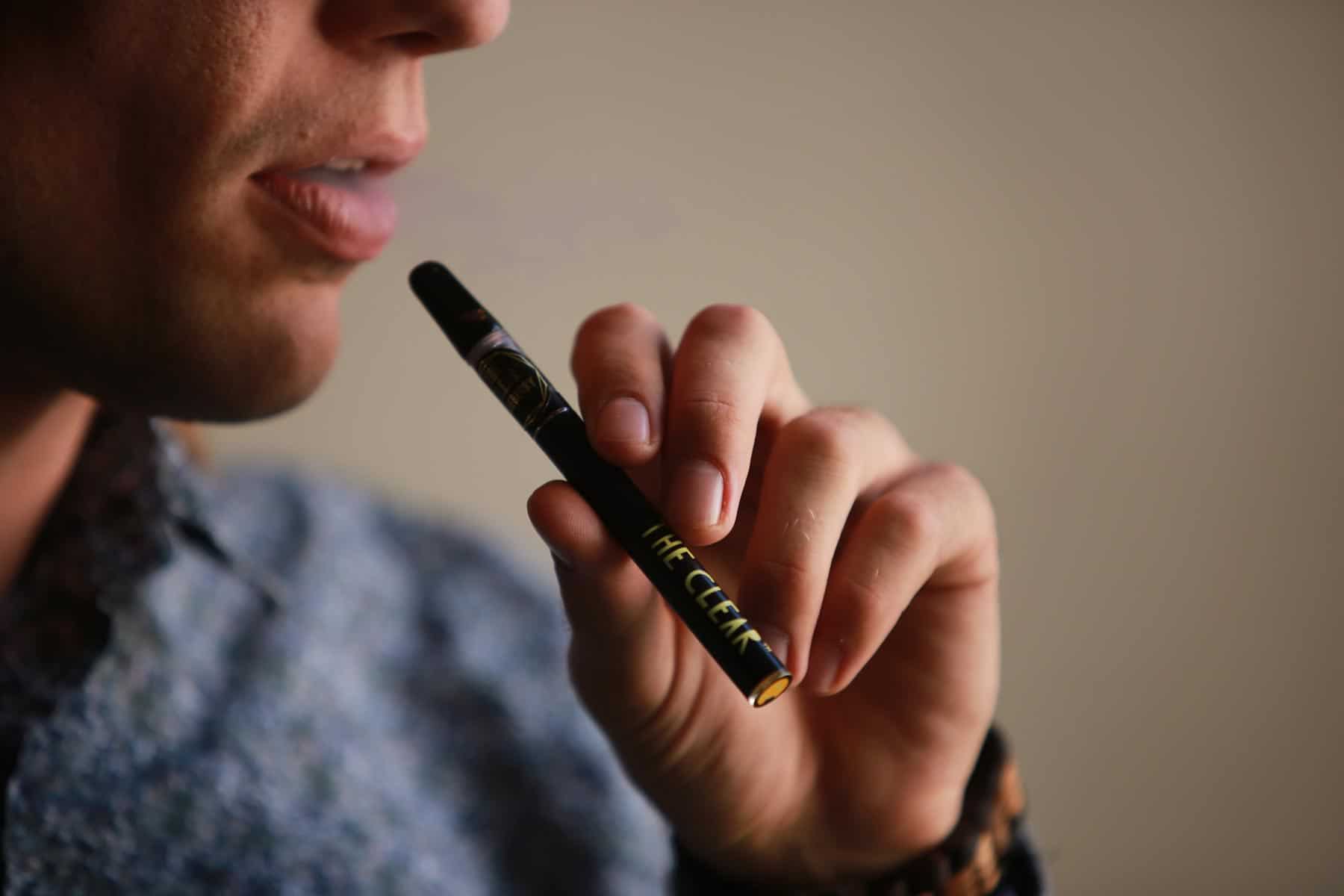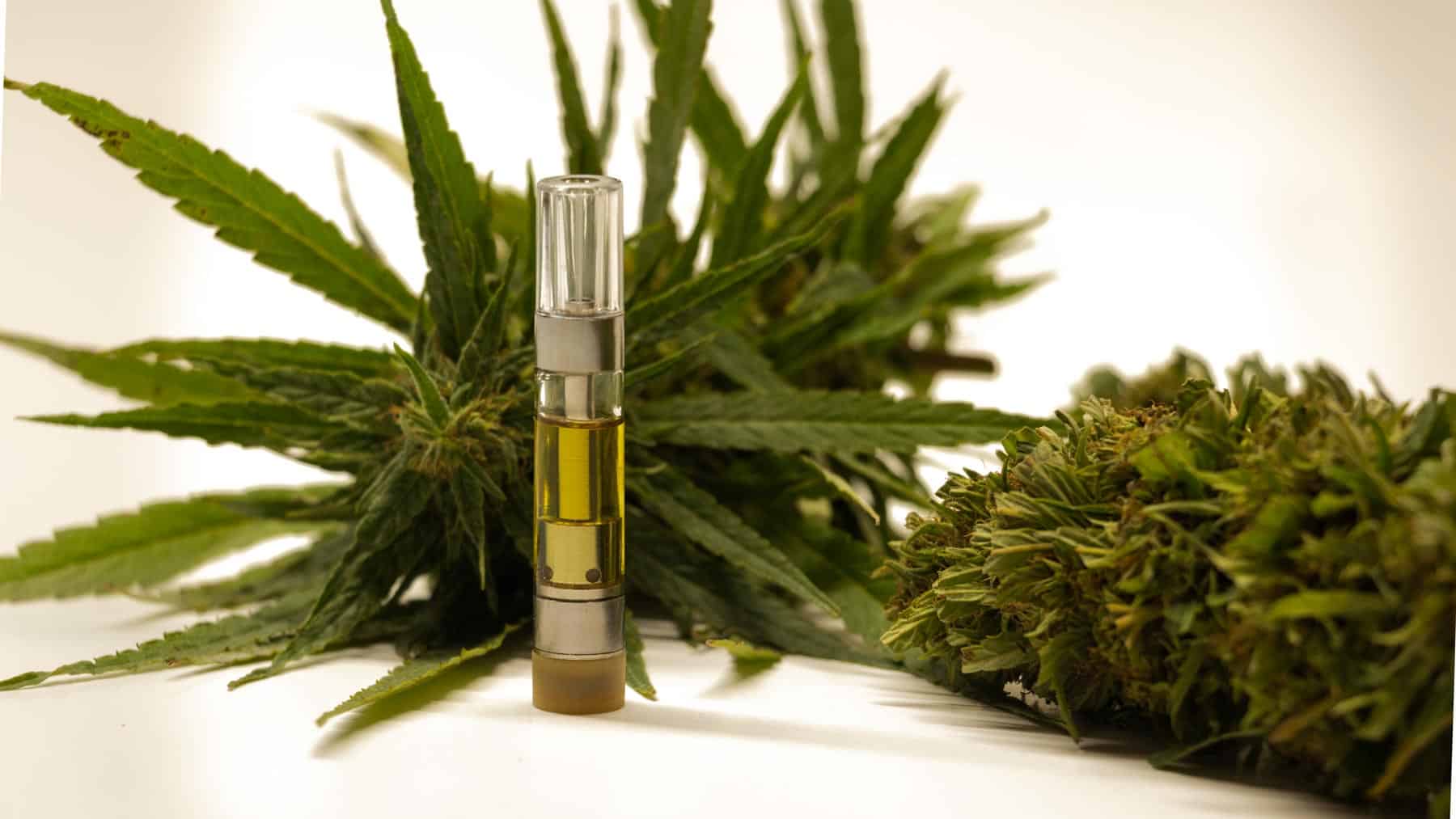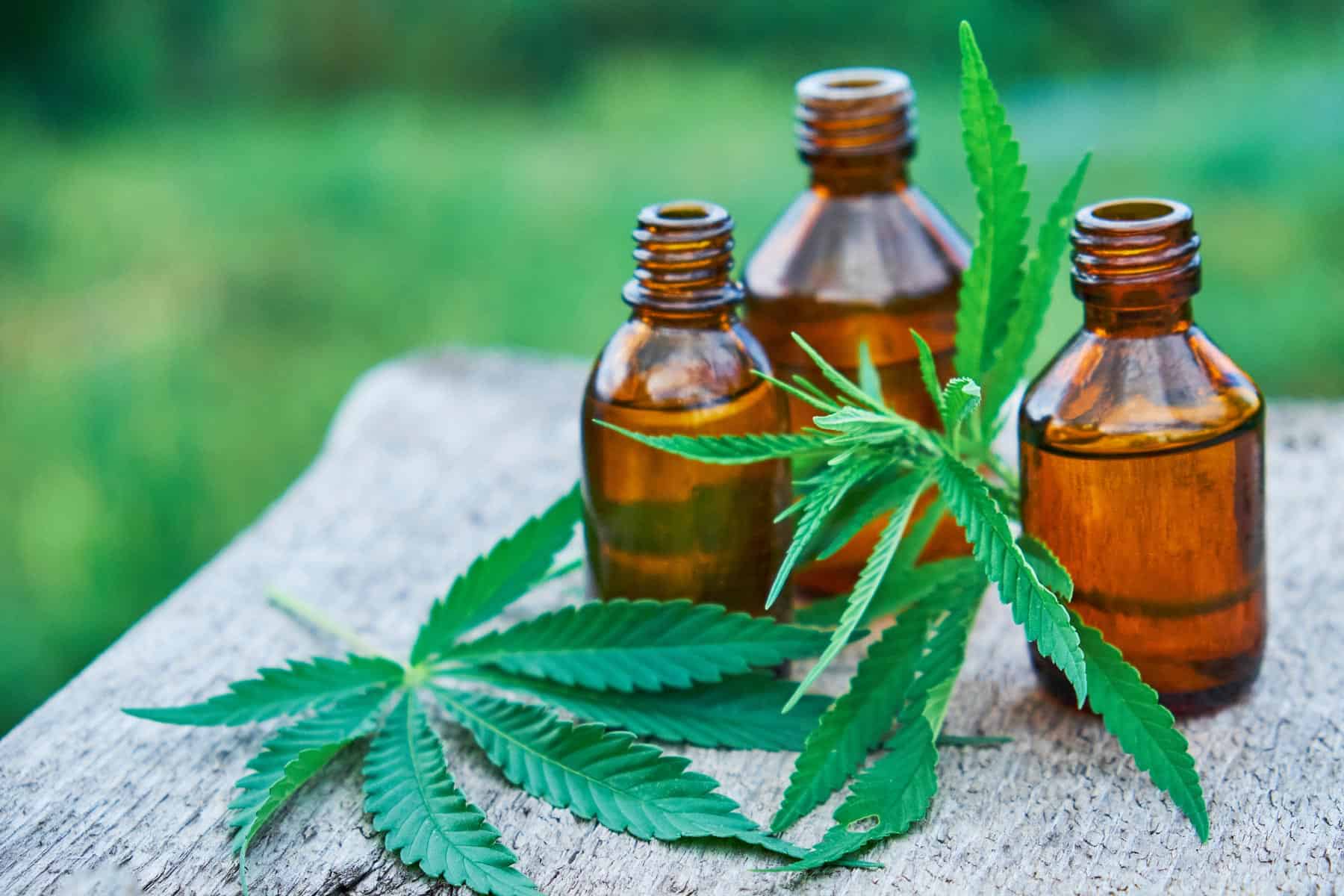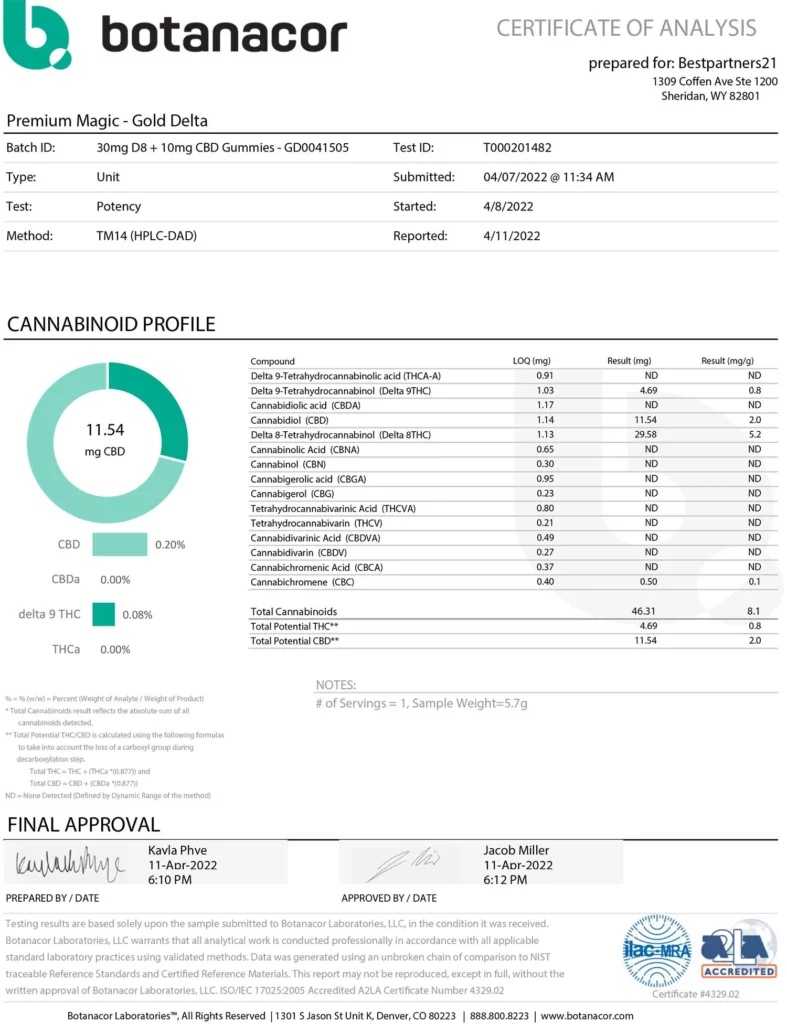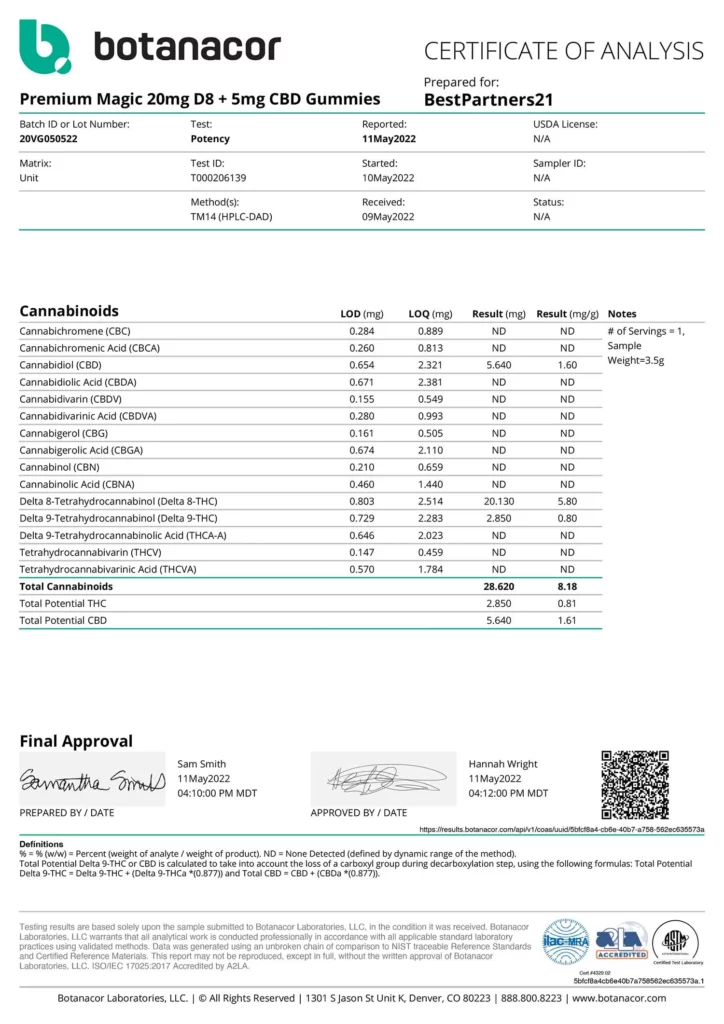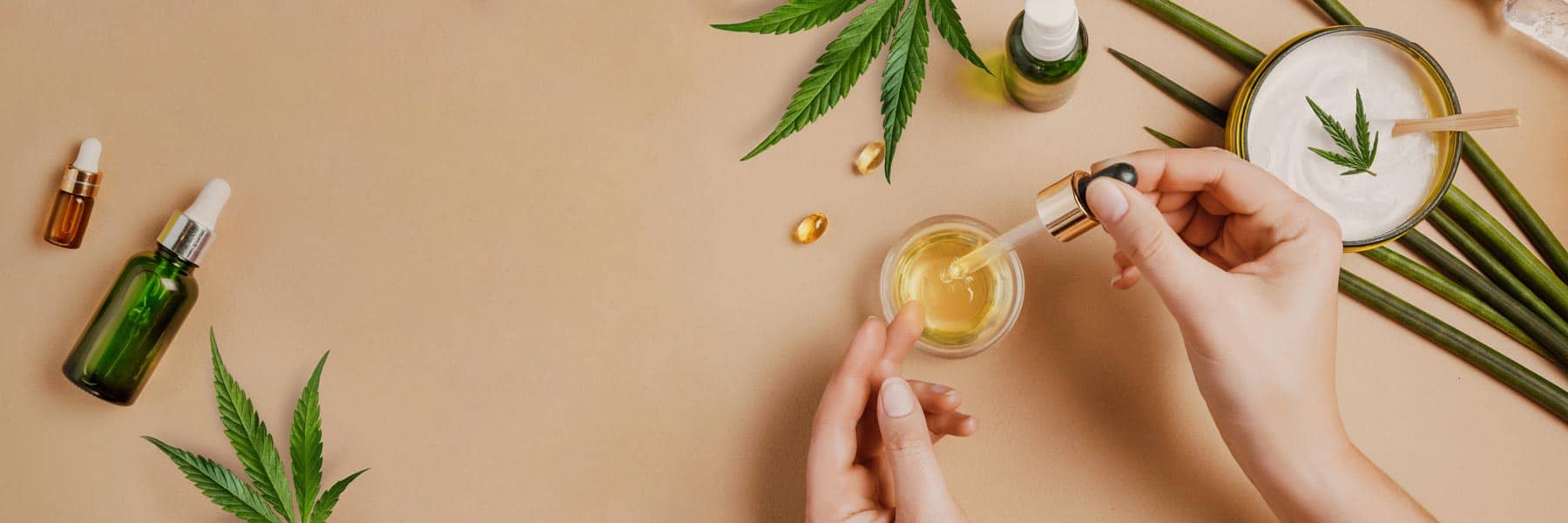
CBD Topicals vs. Oral CBD: The Key Differences Explained

CBD, or Cannabidiol, is creating a buzz these days. More people are exploring it for various health benefits. Two popular ways to use CBD are oral intake and applying topicals on the skin.
But how are these forms different? This blog will shed light on these differences. We will dive into the key variations between CBD topicals and oral CBD. This way, you can make an informed choice about what suits you best. Let’s get started.
What is CBD?
CBD, also known as Cannabidiol, is a natural compound derived from the hemp plant. It is classified as a cannabinoid, which is one of the chemical compounds found in cannabis.
Origin and Extraction of CBD
The hemp plant is the primary source of CBD. Hemp is a variety of cannabis that contains low levels of THC, the psychoactive compound. CBD is extracted from hemp using various methods, such as CO2 extraction, which ensures the removal of THC while preserving the beneficial CBD compounds.
Non-Psychoactive Nature of CBD
In contrast to THC, CBD is non-psychoactive. This means that it does not produce the intoxicating effects commonly associated with marijuana use. CBD does not alter one’s state of mind or induce a feeling of being “high.” Instead, it is sought after for its potential therapeutic properties, including pain relief, relaxation, and anxiety reduction.
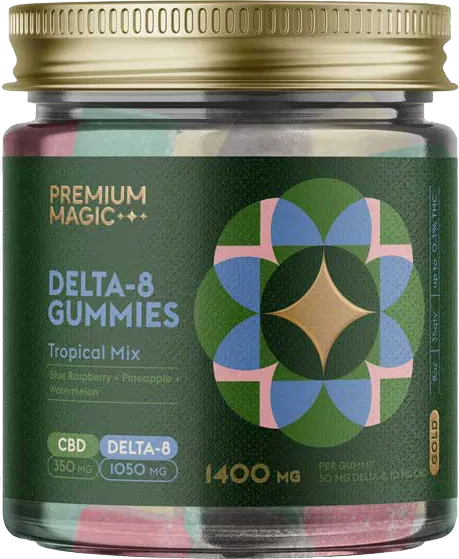
Delta-8 Gummies – Gold Tropical Mix
Original price was: $82.99.$39.99Current price is: $39.99.
Or Subscribe and Save 30%
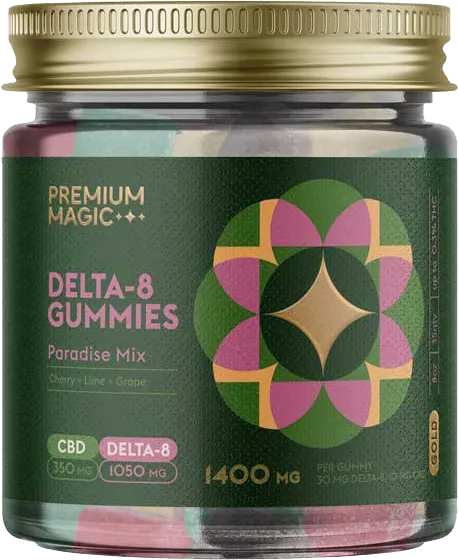
Delta-8 Gummies – Gold Paradise Mix
Original price was: $82.99.$38.99Current price is: $38.99.
Or Subscribe and Save 30%
What are CBD Topicals
CBD topicals are products infused with CBD that are designed to be applied directly to the skin. They come in various forms, such as creams, lotions, balms, salves, and ointments. These topical formulations are specifically created to provide localized relief and targeted application.
How CBD Topicals Work?
When CBD topicals are applied to the skin, they interact with the body’s endocannabinoid system (ECS) receptors located in the skin cells. The CBD in the topicals binds to these receptors, which are part of the ECS, to provide potential therapeutic effects. This interaction helps to regulate various processes in the skin, such as reducing inflammation, soothing irritation, and promoting overall skin health.
Benefits of Using CBD Topicals
CBD topicals offer several benefits for users, including:
- Relief from Localized Pain: CBD topicals can help alleviate pain and discomfort in specific areas of the body, such as joints or muscles, by targeting the affected area directly.
- Reduction of Inflammation: CBD has anti-inflammatory properties that can help reduce inflammation in the skin, providing relief from conditions like arthritis or dermatitis.
- Skincare Benefits: CBD topicals can promote healthy skin by moisturizing, nourishing, and protecting the skin. They may also help with skin conditions like acne, eczema, or psoriasis.
Importance of Choosing High-Quality CBD Topicals
When selecting CBD topicals, it is crucial to prioritize quality. By choosing high-quality CBD topicals, you can maximize the potential benefits and minimize the risk of adverse reactions. Remember to consult with a healthcare professional before incorporating CBD topicals into your wellness routine, especially if you have any underlying medical conditions or are taking medications.
Exploring Oral CBD
Oral CBD refers to CBD products that are ingested and absorbed through the digestive system. Common forms of oral CBD include tinctures, capsules, edibles (such as gummies or chocolates), and beverages. These products are designed to be taken orally and are convenient for those seeking systemic effects of CBD.
How Oral CBD Works?
When oral CBD products are consumed, they pass through the digestive system. CBD is then metabolized in the liver before entering the bloodstream. This process takes time, typically ranging from 30 minutes to 2 hours before the effects of CBD are felt.
Benefits of Oral CBD
Oral CBD offers several potential benefits for individuals:
- Overall Wellness: Regular use of oral CBD may contribute to overall wellness by supporting the body’s endocannabinoid system and promoting balance within the body.
- Anxiety Relief: Oral CBD has shown promise in reducing anxiety and promoting a sense of calmness. It may help individuals manage everyday stress or anxiety-related disorders.
- Better Sleep: Many individuals use oral CBD to promote better sleep quality and address issues such as insomnia. CBD’s calming effects can help relax the mind and body, facilitating a more restful sleep.
Ensuring Better Results:
To ensure optimal results and safety when using oral CBD:
- Dosage and Administration: It is important to follow the recommended dosage instructions provided by the product manufacturer or consult with a healthcare professional. Start with a low dosage and gradually increase as needed.
- High-Quality Oral CBD: Choose reputable brands that provide third-party lab testing results to ensure the product’s potency, purity, and safety. Look for products made from organically grown hemp and free from harmful additives or contaminants.
Key Differences between CBD Topicals and Oral CBD
Key differences allow individuals to choose the appropriate CBD delivery method based on their specific needs and desired outcomes. Following are some of the differences between oral and topical CBDs:
Method of Application
CBD Topicals:
- CBD topicals are applied directly to the skin on the affected area.
- They come in various forms, such as creams, lotions, balms, or salves.
- Users can massage the topical into the skin until it is fully absorbed.
Oral CBD:
- Oral CBD is consumed through the mouth and enters the digestive system.
- Common methods include sublingual administration (under the tongue) or ingestion of capsules, edibles, or tinctures.
Targeted Effects
CBD Topicals:
- CBD topicals primarily affect the area where they are applied.
- They provide localized relief, targeting specific muscles, joints, or skin issues.
Oral CBD:
- Oral CBD affects the entire body once it enters the bloodstream.
- It can have systemic effects, impacting multiple body systems and organs.
Onset and Duration
CBD Topicals:
- CBD topicals typically have a relatively quick onset of action, with effects usually felt within minutes of application.
- The duration of the effects may vary, but they generally last for a few hours.
Oral CBD:
- Oral CBD has a delayed onset of action, as it needs to be digested and metabolized before entering the bloodstream.
- Effects may be felt within 30 minutes to 2 hours after ingestion.
- The duration of effects can last for several hours, offering longer-lasting relief compared to topicals.
Bioavailability
CBD Topicals:
- Bioavailability refers to the amount of CBD that enters the bloodstream and is available for the body to use.
- CBD topicals have low systemic bioavailability since they do not directly enter the bloodstream in significant amounts.
- Most of the CBD in topicals stays localized to the area of application.
Oral CBD:
- Oral CBD has higher bioavailability as it is absorbed into the bloodstream through the digestive system.
- However, the bioavailability can vary depending on factors such as metabolism and the specific product used.
Considerations for Use
CBD Topicals:
- CBD topicals are beneficial for localized issues, such as muscle soreness, joint pain, or skin conditions like eczema or psoriasis.
- They offer targeted relief to specific areas and are suitable for individuals who prefer not to consume CBD orally.
Oral CBD:
- Oral CBD is more suitable for addressing systemic issues, such as anxiety, sleep disorders, or promoting overall well-being.
- It provides a convenient and discreet method of CBD consumption.
- Individuals who are looking for long-lasting effects throughout the body may find oral CBD more beneficial.
Choosing Between Oral CBD and CBD Topicals
When deciding between oral CBD and CBD topicals, several factors come into play. Consider the following:
- Personal Preference: Determine which method aligns better with your lifestyle and preferences. Some individuals may prefer the convenience and discreetness of oral CBD, while others may prefer the targeted application of CBD topicals.
- Purpose of Use: Consider the specific purpose for using CBD. If you are targeting localized pain or skin issues, CBD topicals may be the better choice. However, if you are looking for systemic effects or addressing anxiety or sleep concerns, oral CBD may be more suitable.
- Desired Effects: Evaluate the effects you are seeking. CBD topicals provide focused relief, while oral CBD can offer broader benefits throughout the body. Assess your desired outcome to guide your decision.
- Consultation: Consult with a healthcare professional who can provide personalized guidance based on your individual needs and medical history. They can help determine the most appropriate option and dosage for your situation.
Summing Up:
CBD has gained significant attention for its potential health benefits. When it comes to CBD consumption, there are two primary methods: CBD topicals and oral CBD. Understanding the key differences between these two forms is crucial for making informed decisions.
CBD topicals are applied directly to the skin, offering localized relief for issues like pain and inflammation. On the other hand, oral CBD is ingested and provides systemic effects throughout the body.
Both CBD topicals and oral CBD have their unique benefits. Topicals offer targeted relief, while oral CBD is suitable for overall wellness, anxiety relief, and better sleep.
When deciding between CBD topicals and oral CBD, it’s essential to consider your specific needs and preferences. Take into account factors like the desired effects, convenience, and personal preference.
By understanding the differences and benefits of CBD topicals and oral CBD, you can choose the most suitable form of consumption for your wellness journey. Remember to consult with a healthcare professional to ensure safe and effective CBD usage.
